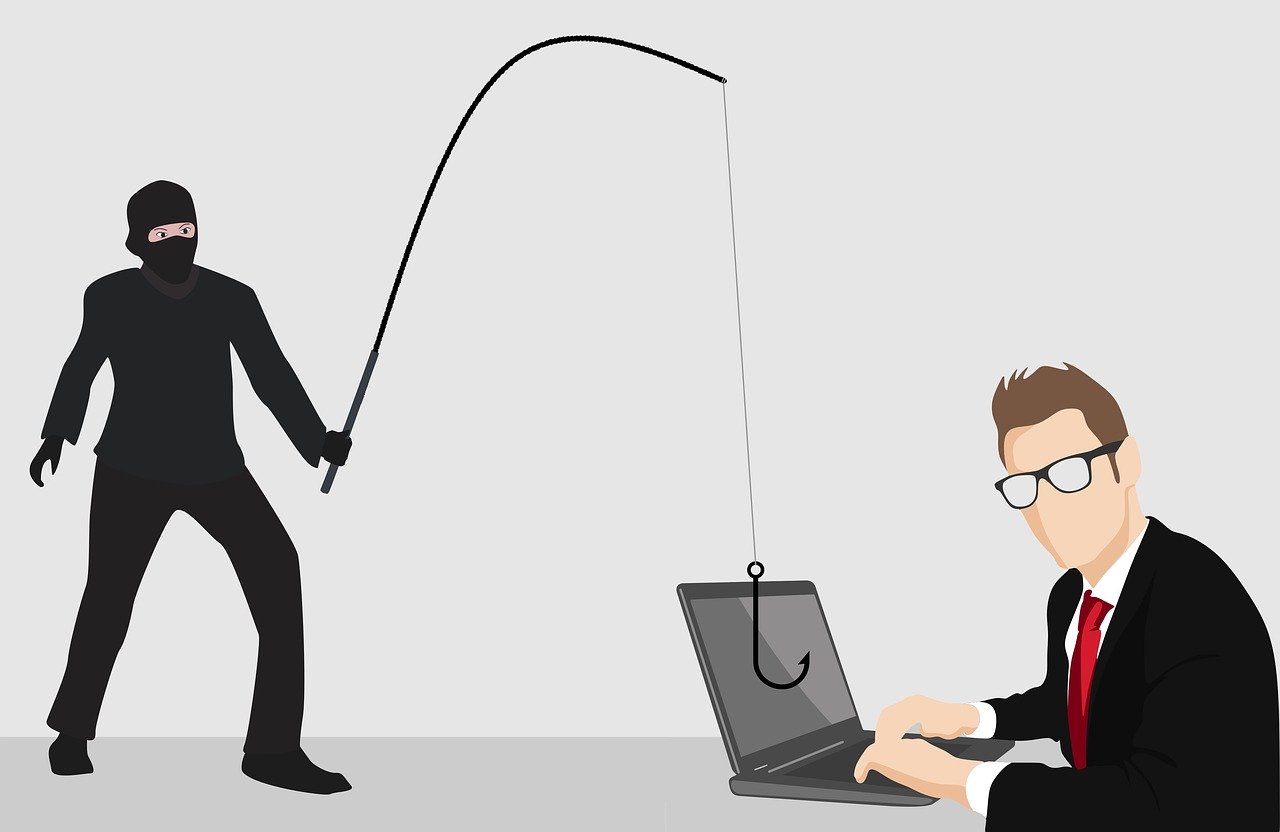Online scams have been around since dial-up, and the only reason they are still around is that they apparently work. In fact, over a billion dollars have been lost as a result of people being tricked online. Furthermore, scammers or scam tactics have evolved and become more sophisticated, so it’s not always apparent that someone is trying to play you. Here are some of the most common online scams and tips on how to detect them.
Online betting bonus
Scams tend to mimic websites where people readily use their credit cards, like online betting for example. Scam sites will try to lure people with a ridiculous deposit bonus or odds, but the reality is that people will never see their money again. You should always compare these rates with regular providers like Casinopromote or similar. If there is a site that has an incentive program that is 3 times better than anything else you typically find, chances are it is a scam. So, make sure you check if they have a valid license, and read user reviews from reliable sites.

Employment opportunity
You have most likely received either an email or LinkedIn message about the job opportunity that is completely outside of your area of expertise. Well if you accept those job offers you can also expect a payment that will arrive in the form of a check, and the amount will be higher than you agreed upon. This is because they will ask you to return the difference and that is how they get you. If you try to cash in the check you will discover that it is fake. Luckily most of these end up in Gmail’s spam folder but still be on a lookout for these too good to be true career opportunities.
You won a lottery
This one still exists despite being one of the oldest tricks in the book. You will receive an email that you won a lottery, in a country on the other side of the world, and your huge pile of cash is just waiting to be claimed. All you need to do is spend like $20 and send your personal information. Not only do you lose your money they also get your personal info. If you do play the lottery and receive this email, make sure that it is a lottery you heard of, and see that it arrives from an organization, not from a personal email.
Charity scam
This one is really vile, and it will definitely appear after a big disaster because people are eager to help. If you are looking to donate funds you will likely stumble upon a fake donation website, and your funds will never reach the victims. So, always fact checks those sites and look online to identify reliable and well-established charity organizations in that country, to avoid being tricked.

